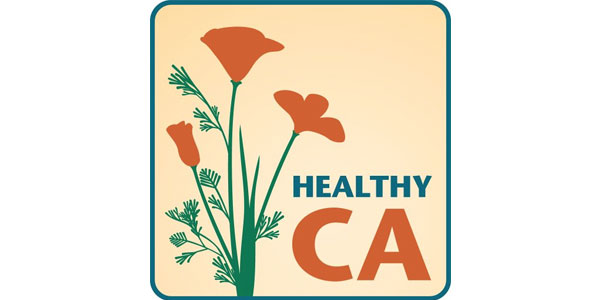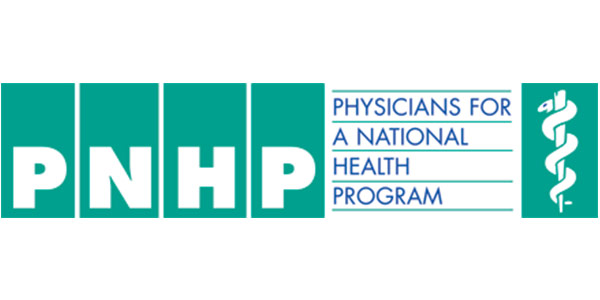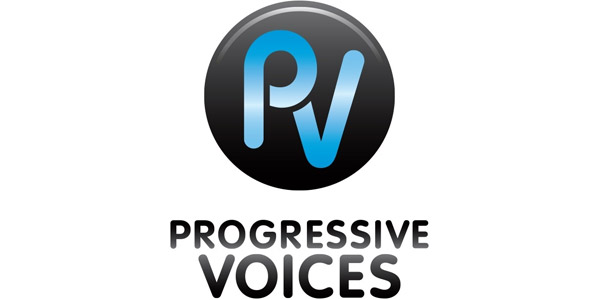
4 Signs You Need a Break From Caregiving
 According to Cancer.org a caregiver serves a home health aide and companion to elderly individuals or those those dealing with chronic illness. Duties may include feeding, dressing and bathing patients, as well as arranges schedule, managing insurance issues and providing transportation. The National Alliance for Caregiving and AARP notes that, “65.7 million caregivers make up 29% of the U.S. populationproviding care to someone who is ill, disabled or aged.” A caregiver can always use a break: You need both short moments to yourself during the day and bigger breathing spaces that last a whole 24 hours or more. Unfortunately, breaks are not always easy to arrange or achieve. So many caregivers simply keep plowing forward without making themselves much of a priority. Result: big-time burnout.
According to Cancer.org a caregiver serves a home health aide and companion to elderly individuals or those those dealing with chronic illness. Duties may include feeding, dressing and bathing patients, as well as arranges schedule, managing insurance issues and providing transportation. The National Alliance for Caregiving and AARP notes that, “65.7 million caregivers make up 29% of the U.S. populationproviding care to someone who is ill, disabled or aged.” A caregiver can always use a break: You need both short moments to yourself during the day and bigger breathing spaces that last a whole 24 hours or more. Unfortunately, breaks are not always easy to arrange or achieve. So many caregivers simply keep plowing forward without making themselves much of a priority. Result: big-time burnout.
How can you tell when you really, truly need to arrange help and make more time for yourself? Consider these four warning signs:
1. All you ever talk about or think about is caregiving.
Compassion fatigue is a very real condition to which caregivers are vulnerable. (Professional nurses and social workers get it, too.) Your caring is critical — but because you’re an individual, it’s not the entirety of your life even when it takes up most of the hours in a given day. It’s important for your sanity, and to maintain other important relationships and responsibilities, that you keep your life outside of caregiving moving forward.
Talking to friends and family about their lives and interests is one way to do this. So is spending time on non-caregiving activities, like things you used to enjoy doing. Even if you do them in lesser amounts, do them.
2. You rely on booze or cigarettes to make it through the day.
Substance overuse is a red flag for stress. Sometimes caregivers use substances like alcohol, cigarettes, or illicit drugs as crutches to get them through the long and stressful stretches of the day. Excessive use of caffeinated coffee or power drinks can fall into this category, too. So can mindlessly overeating sweet or salty snack foods that provide empty calories.
Instead of relying on substances to prop you up in a hard situation, it’s healthier to get yourself out of the situation in order to recharge.
3. You can’t fall asleep — and then dread waking up.
Sleep disturbances are a reliable signal of overwhelm. You may be unable to sleep because you’re so wound up, or because your loved one with dementia or another issue keeps awakening and therefore keeps you up. Either way, you don’t get the seven to nine hours you need to feel refreshed and refueled for the long haul. By morning, you may have a sense of not wanting to get out of bed because you’re too tired or not looking forward to what’s ahead.
Resolving sleep issues is key for every caregiver. Arranging respite help is one way you can cut down the stress that feeds many sleep problems.
4. You can’t remember the last time you felt happy or a sense of pleasure.
To be sure, nursing a loved one through a health condition like dementia or stroke recovery isn’t jolly business. But persistent feelings of sadness or emptiness are a warning sign of depression. If you can’t find pleasure in even small ways (the feeling of a walk outdoors, a grandchild’s smile, a good book, a cup of coffee with a friend), you may be suffering from the effects of caregiver burnout — and may be at risk for depression. Weaving more off-duty time into your day and getting support from others can help.
There is such a thing as caring “too much”.
About the Author
Paula Spencer Scott is a senior editor at Caring.com, the leading online destination for caregivers seeking information and support as they care for aging parents, spouses, and other loved ones. Paula is a 2011 MetLife Foundation Journalists in Aging fellow and writes extensively about health and caregiving.











